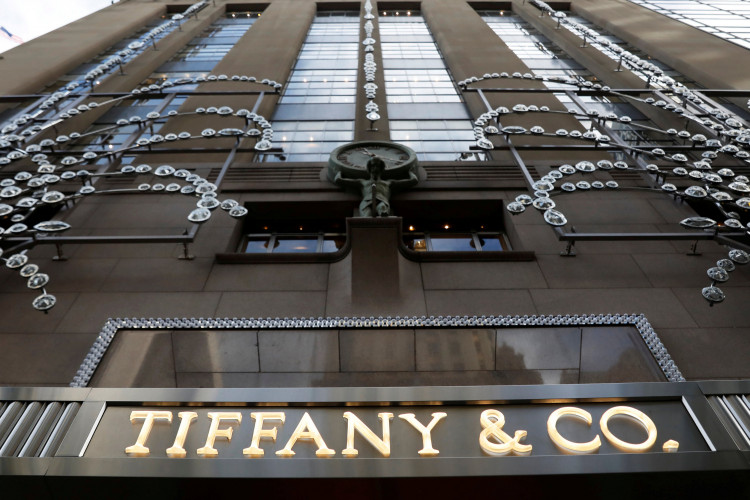Weaker spending activity of Chinese tourists visiting the United States and Hong Kong hurt Tiffany & Co. third quarter results for the three months and nine months ended Oct. 31, the company announced on Nov. 28.
Tiffany said there was an overall sales growth when figures were analyzed per region as there was agreeably higher spending by local customers. In fact, there was particularly strong growth in sales in mainland China, according to Alessandro Bogliolo, CEO for Tiffany. This meant that the Chinese consumers were more willing to spend shopping inside their country rather than splurge on shopping when overseas, particularly in the United States.
The strong sales growth in mainland China has, in fact, led to Tiffany's performance in the Asia Pacific region. Total net sales in the region rose 4 percent to $294 million in the quarter.
Tiffany stated that its worldwide net sales increased 4 percent to $1.01 billion but this unfortunately offset by the diminished spending of Chinese tourists in the United States. As a result, its worldwide net earnings declined 5 percent to $95 million from $100 million a year ago. More so, net earnings per diluted share declined 4 percent to $0.77 from $0.80 a year ago.
The revenue of $1.01 billion, though an increase, failed to meet the $1.05 billion estimate from analysts, according to CNBC, citing a survey from Refinitiv.
The overall net sales in the Americas, meanwhile, increased 5 percent to $442 million in the third quarter and 7 percent to $1.3 billion in the year-to-date. The growth was driven by higher spending of local customers and as mentioned, not so much coming from tourist shoppers.
Total net sales have also increased in Japan by 2 percent to $142 million in the third quarter and 10 percent to $447 million in the year-to-date. For Japan, however, sales growth was delivered by both local customers and foreign shoppers.
Overall net sales in Europe also increased 3 percent to $114 million in the third quarter and 6 percent to $343 million in the year-to-date.
The observable decline in Chinese buying is not isolated to Tiffany. In October, Louis Vuitton also reported disappointing results and its shares were hit hard due to less Chinese spending.
The Associated Press noted that the phenomenon could be attributed to the ongoing China-US trade war.
Robert Burke, a luxury consultant in New York, said the relationship between China and the United States have strained due to the trade tensions. The conflict, Burke said, has made Chinese less engaged with traveling and splurging in the United States, unlike how they behaved before.






